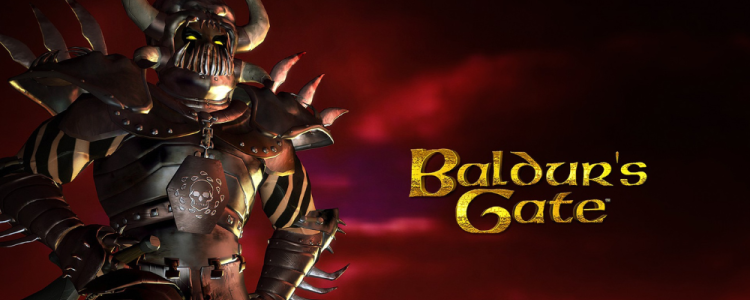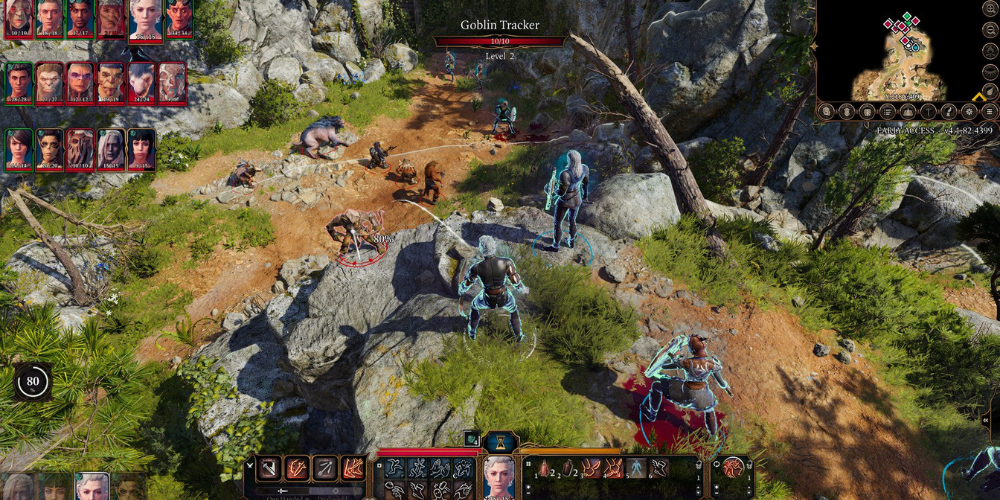Baldur's Gate: Pioneering a Revolution in the RPG Arena

In the annals of gaming history, certain series stand apart as landmarks in their respective genres. One such series is none other than Baldur’s Gate, which heavily influenced the role-playing game (RPG) genre in the late 20th and early 21st century.
Developed by BioWare, and published by Interplay Entertainment, the creation of Baldur's Gate series traces back to 1998, marking its beginning with the release of its first namesake game. Powered by the Infinity Engine, these games were pivotal in reviving the computer RPG genre at a time when it seemed to be moving towards console dominance. Drawing from the Advanced Dungeons & Dragons (AD&D) rulesets and the Forgotten Realms campaign setting, the games not only appealed to the role-playing audience but also to those who appreciated intricate narratives and characters.
Baldur’s Gate

The inaugural title, Baldur’s Gate, released in 1998, introduced players to the world of Faerûn, a sprawling, fantasy setting riddled with intricate political plots, captivating lore, and Dungeons & Dragons mechanics. Players shaped their hero's destiny amidst the tumultuous events shrouding the city of Baldur's Gate.
Baldur’s Gate II: Shadows of Amn

The sequel, Baldur’s Gate II: Shadows of Amn, released in 2000, continued the upward trajectory, maintaining the core mechanics and improving upon them while delivering a riveting narrative. It expanded the scale and scope of the original game, transporting players to the bustling commercial city of Amn and beyond into uncharted territories.
Baldur’s Gate III: Throne of Bhaa

Baldur’s Gate II: Throne of Bhaal, was an expansion to Shadows of Amn, developed by BioWare and published in 2001. It offered closure to the trilogy’s storyline, dealing with the player-character's divine heritage and the ensuing chaos. Enriched with new characters, settings, and elaborate puzzles, Throne of Bhaal served as a worthy epilogue to the saga.
Baldur’s Gate: Enhanced Edition

After a long hiatus, the series was revived in 2012 with a remastered edition known as Baldur’s Gate: Enhanced Edition. Developed by Overhaul Games, this edition included both the original game and its expansion, Tales of the Sword Coast, along with fresh content and technical improvements.
Baldur's Gate III

Finally, after a few more years, the series was continued with the announcement of Baldur's Gate III in 2019 and release in 2023. Developed by Larian Studios, the game is currently available on all platforms and is well received by fans thanks to an exciting narrative, elaborate characters and innovative gameplay dynamics.
The Development Perspective of the Series
Looking ahead, Baldur’s Gate series appears to possess a promising future. With Larian Studios at the helm, the franchise is in expert hands as the studio has a proven track record of enveloping players into deep fantasy realms with games like Divinity: Original Sin. Hence, fans and newcomers have a lot to look forward to in terms of immersive storytelling, complex character interactions, and strategic combats.
In summary, the Baldur's Gate series not only revolutionized the RPG genre but also managed to retain its allure over decades of evolution in the gaming industry. From the original Baldur's Gate in 1998 to the much-anticipated Baldur's Gate III, the series has maintained a compelling blend of engaging narrative, intricate gameplay, and rich world-building. Its vast influence and the excitement for future installments signify the series' enduring appeal and its indelible mark on the annals of gaming history.






